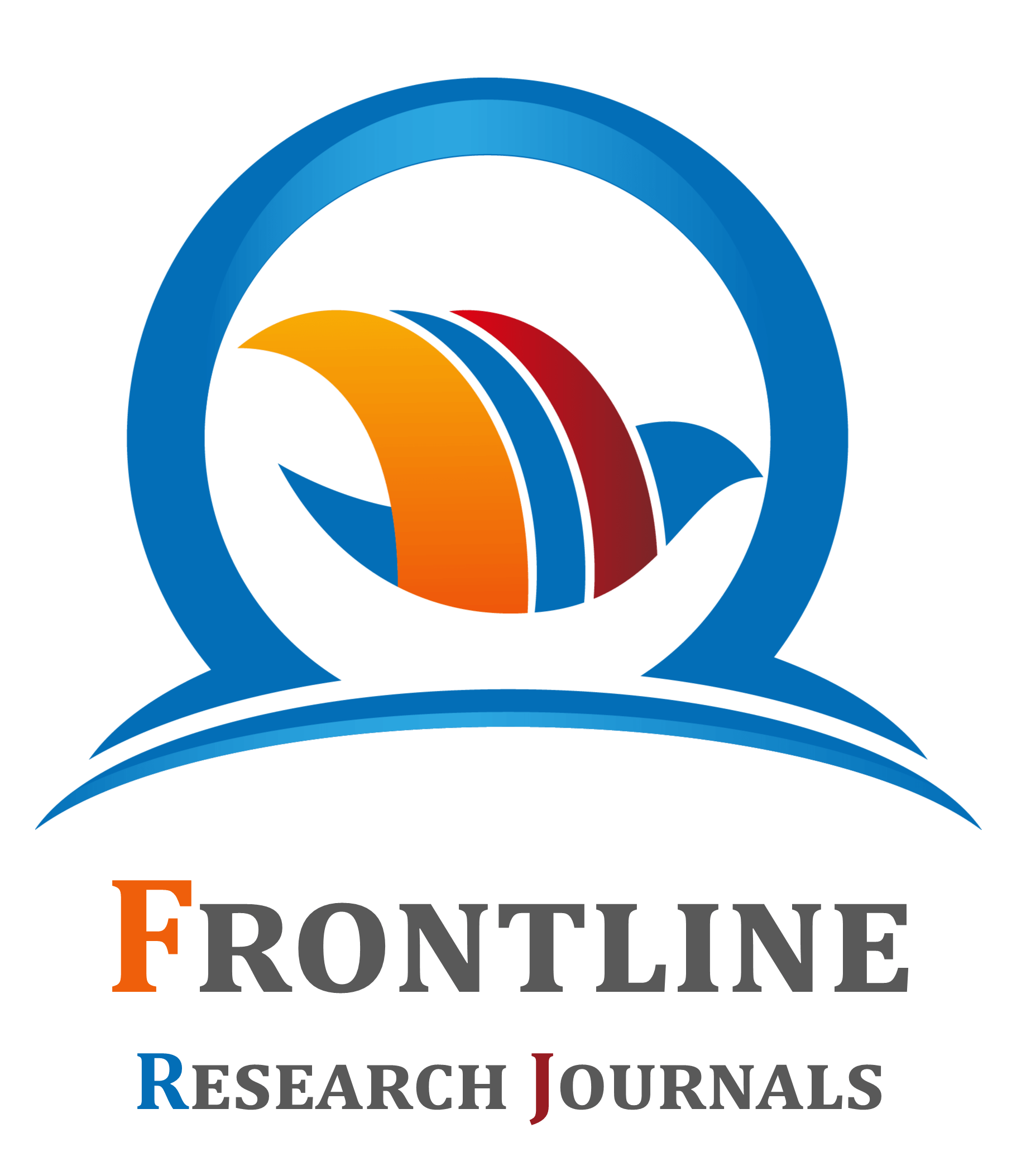A generic framework for ensuring safety and efficiency in international engineering projects: Key concepts and strategic approaches
1 Independent Researcher, Georgia, USA.
2 Shell Nigeria Exploration and Production Company Lagos. Nigeria.
3 TotalEnergies Limited, Nigeria (c/o Benmaris Limited).
4 Independent Researcher, Houston Texas, USA.
5 Independent Researcher; Lagos Nigeria.
Review
International Journal of Frontline Research and Reviews, 2022, 01(02), 011–025.
Article DOI: 10.56355/ijfrr.2022.1.2.0023
Publication history:
Received on 22 September 2022; revised on 14 November 2022; accepted on 17 November 2022
Abstract:
The increasing complexity of international engineering projects demands a structured approach to ensure both safety and efficiency across diverse geographical, regulatory, and operational environments. This paper presents a generic framework for managing these challenges by integrating key concepts and strategic approaches. The framework emphasizes the importance of proactive risk management, regulatory compliance, and cross-cultural collaboration to enhance safety protocols and operational efficiency. It focuses on leveraging project management methodologies such as Agile, Lean, and Six Sigma to streamline processes, reduce waste, and improve decision-making in international contexts. Additionally, the framework advocates for the use of advanced technologies, including digital twins, predictive analytics, and real-time monitoring systems, to ensure timely identification of potential risks and optimize project outcomes. The framework also explores the significance of developing a strong safety culture within multinational teams through consistent training, clear communication, and adherence to international safety standards like ISO 45001. Strategic stakeholder engagement is highlighted as critical to aligning project goals with local regulatory requirements and fostering collaborative problem-solving. The paper reviews case studies of successful international engineering projects, illustrating the application of these concepts in different sectors such as construction, energy, and infrastructure development. By adopting this integrative framework, engineering firms can achieve higher levels of safety and operational efficiency, minimizing delays and cost overruns while ensuring regulatory compliance. The paper concludes by discussing future trends, including the growing role of automation, artificial intelligence, and sustainability considerations in engineering project management. Ultimately, this framework offers a comprehensive guide for professionals aiming to navigate the complexities of international engineering projects while prioritizing safety and efficiency.
Keywords:
International Engineering Projects; Safety; Efficiency; Risk Management; Regulatory Compliance; Cross-Cultural Collaboration; Agile; Lean; Six Sigma; Digital Twins; Predictive Analytics; ISO 45001; Stakeholder Engagement.
Full text article in PDF:
Copyright information:
Copyright © 2022 Author(s) retain the copyright of this article. This article is published under the terms of the Creative Commons Attribution Liscense 4.0
